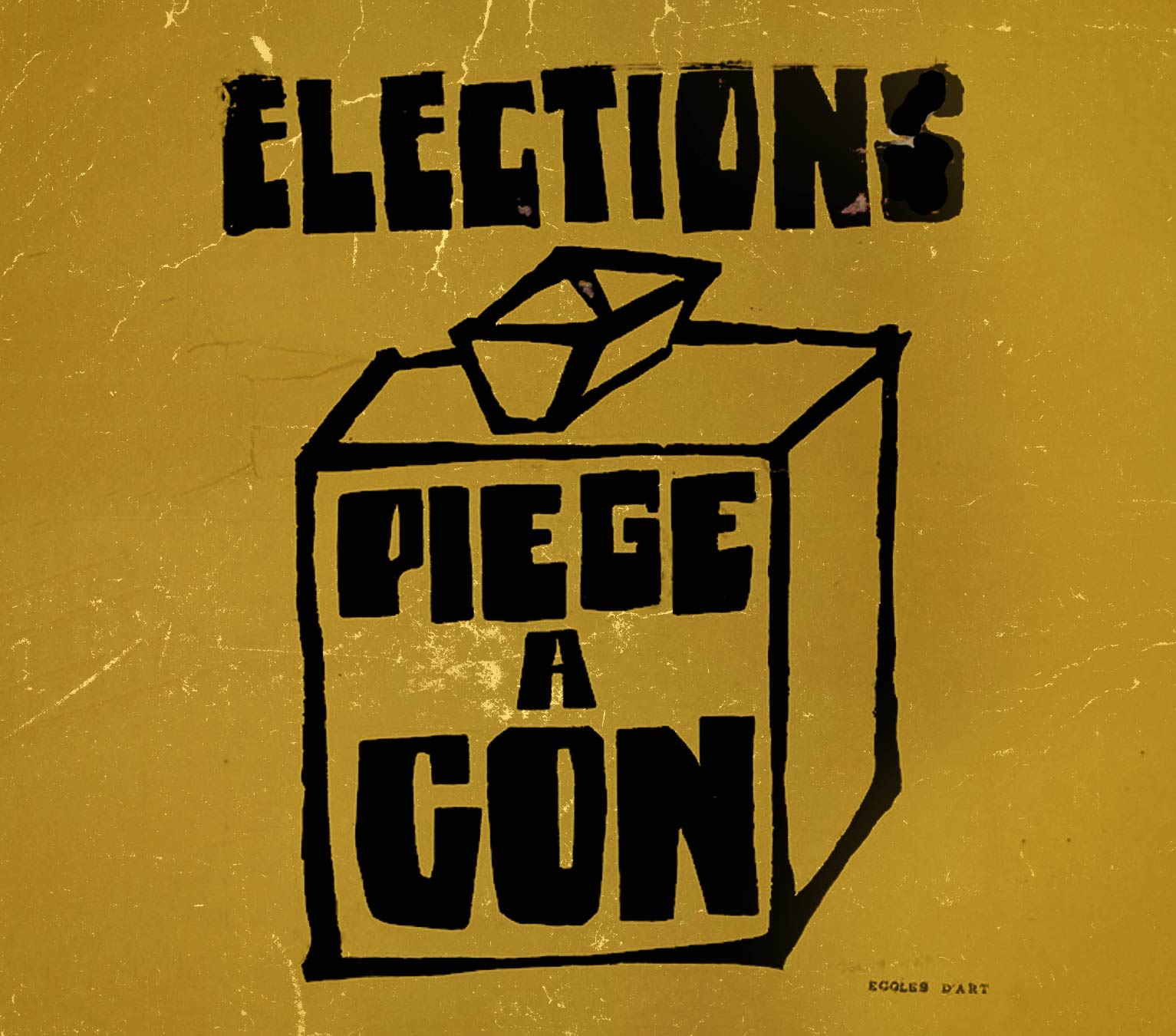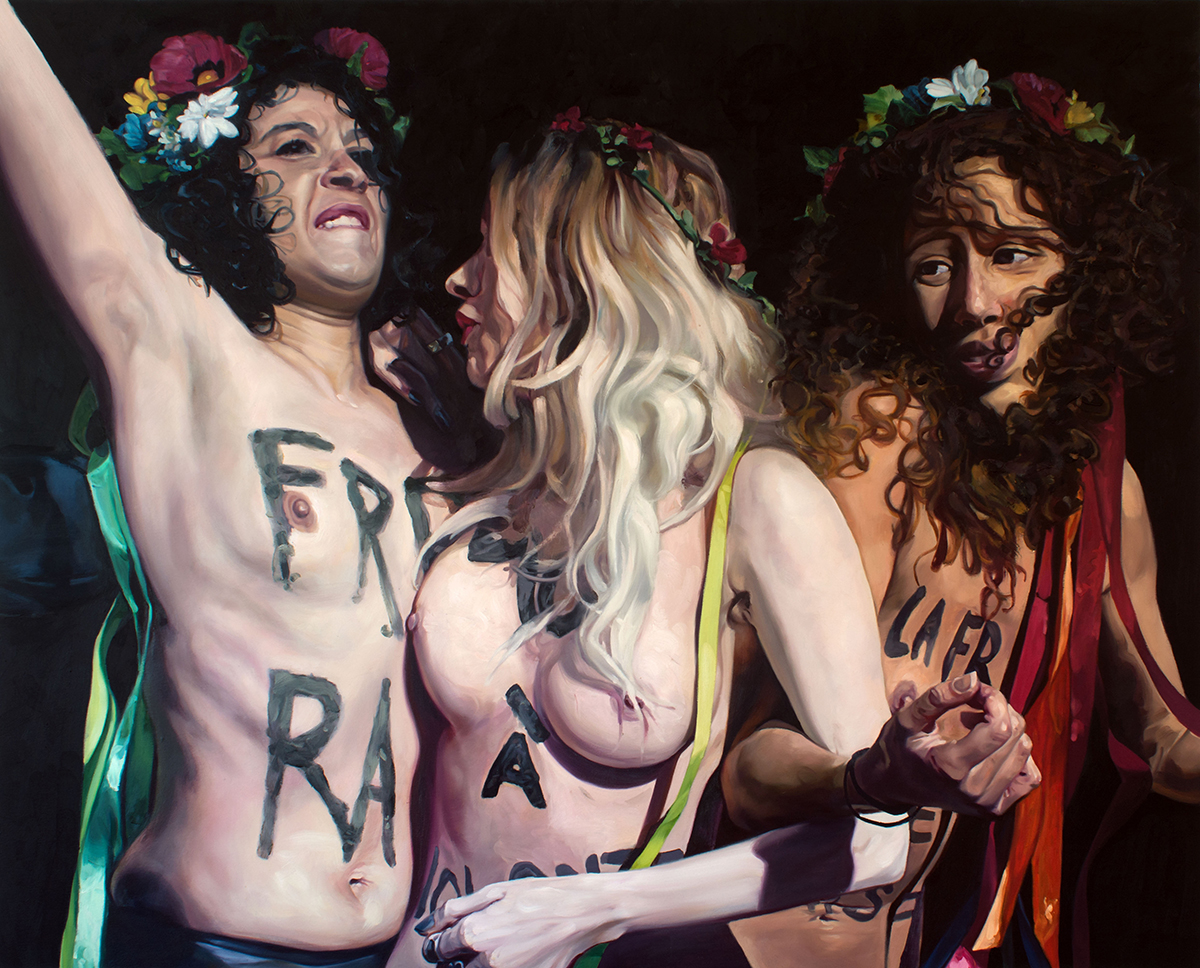
The ban on the famous comedian’s column on France Inter radio made us question the logic that if you don’t vote, you actively support the worst option.
Three days after the French election’s first round, Pierre-Emmanuel Barré, 33, was about to deliver his satirical column on France Inter, the French national radio. Barré’s slot in this landmark lunch hour show has grown quite popular over the years, particularly among the younger generation. And just at this moment the show’s producer told Barré he couldn’t deliver this particular paper. So Barré quit his job and posted his column on Facebook where it rapidly reached over six million views. What could Barré have said to lead to such radical extremities on the supposedly censorship-free national network? Did he call for murder? Did he make racist statements? No, he did much worse: he openly admitted he wouldn’t vote in the second round of the election between Marine Le Pen and Emmanuel Macron.
And so it landed on a young comedian to be the unwilling revealer of one of our societies’s most treasured taboos: abstention. The logic is that, if you don’t vote, you actively support the worst option.
“If you don’t vote, you vote for Le Pen”, one politician summed up on another radio network in the wake of Barré’s now very public scandal. Being it understood that voting can only mean Macron, the system’s poster boy, and not Le Pen, the nightmare of French politics.
By no means could it be said that a Le Pen victory would be innocuous. It would be a devastating blow to the EU and to France. It would spell panic on the world markets and harm France’s already damaged economic and financial standing. Unfortunately Macron’s result is also predictable and more of the same is probably as big a danger for France right now as is Le Pen’s brand of populism.
And so, once again, voters are being summoned to cast a vote “against” and not “for”. You may not like it but it is now blindingly obvious that you cannot complain: you must vote.
You may think that Macron’s project – or lack thereof – will create more angry, disenfranchised, Le Pen voters: you must vote. You may understand that his old, rich, ruling-class backers means Macron will mean more unemployment and economic stagnation: you must vote. You may cherish it, but you cannot use your democratic right to abstain: you must vote. You may understand that voting isn’t an agent of change any longer, that all governments have been applying the same useless medicine for over twenty years: you must vote. You may underline that only voting for Le Pen means voting for Le Pen: you must vote. And again, voting means Macron, not the other one. You think this isn’t democratic? Don’t think, just vote.
Like the peasants of times past who were shamed into going to church, the voters of today are shamed into going to the polls.
This may sound familiar to a Serbian audience. In the recent presidential election voters were faced with similar options. Over the weeks, the campaign filled with calls to vote “against” the main contestant. It didn’t matter one bit if this meant bringing to power a white-clad clown or worse, proven useless, failed politicians or functionaries from the recent past. Two things became rapidly clear: voting could only mean one option, and if you abstained from voting you were Serbia’s worst enemy. The result of this charade was expectable.
The exact same circus took place in America with Trump’s election when it became clear that Clinton’s only virtue was to be his opponent. But it takes place everywhere now. A vote doesn’t matter as long as it exists. Which means, as is proven by the level of outrage it provokes, that only abstention matters. Only abstention has the power to reveal the inherent workings of the structure.
Only abstention has the power to make people stop, think and debate, which, much more than voting, are the fundamentals of democracy.
Globalization has brought about a major shift in the decision-making process. Transnational capital and borderless businesses have seriously questioned the transformational power of politics. In less than a decade, governments have transferred many of their prerogatives to unelected bodies and institutions and international banks. In Europe, where most states have lost all semblance of sovereignty, the lack of political substance is painfully apparent, at the level of both governments and people. Conservative and progressive governments follow the exact same agenda. And when the Greeks or the French say no to a referendum, their governments swiftly overturn their decision. Even scary leftist extremists such as Greece’s Tsipras end up signing anything they’re told to. Even scary ultra-right populists such as Trump end up doing exactly as they’re told. What these examples are proving, and what the result of the French election will also prove no matter what happens, is that voting has become utterly ineffective to bring about change in society. As Slavoj Zizek famously quipped: “Don’t act, just think”.


